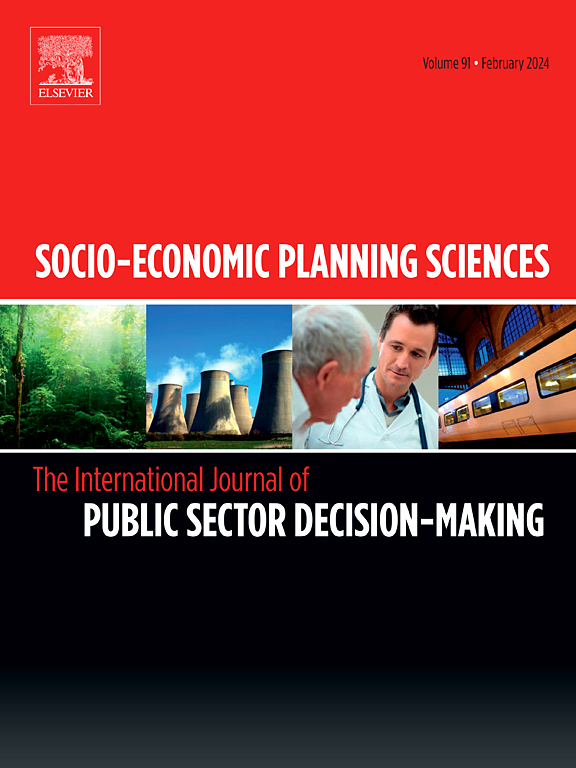Data envelopment analysis (DEA) is a mathematical programming method that can evaluate the relative efficiency of multiple inputs and multiple outputs of a decision-making unit (DMU). The classical DEA model assumes that inputs and outputs are determined. However, there are some applications where the inputs–outputs are stochastic. In practice, it is important to evaluate stage performance. It is essential to eliminate the effect of preceding stage inputs (outputs) on stage performance in order to accurately assess stage performance. In this paper, we propose stage stochastic incremental DEA models that integrate two different kinds of inputs and outputs. The first kind of model takes into account the assessment of stage efficiency when determinate incremental inputs and stochastic incremental outputs are applied at the beginning and end of the stage. The second kind of model uses stochastic incremental inputs–outputs to evaluate stage efficiency. To verify the efficacy of the suggested models, the first kind of model is applied to assess the stage financing efficiency of 15 energy-saving and environmental protection clean enterprises (ESEPCEs). The second kind of model is applied in assessing the stage investment efficiency of 15 ESEPCEs. The empirical results show that the proposed models not only eliminate the effect of prior performance but also more accurately assess stage efficiency in a stochastic environment.


